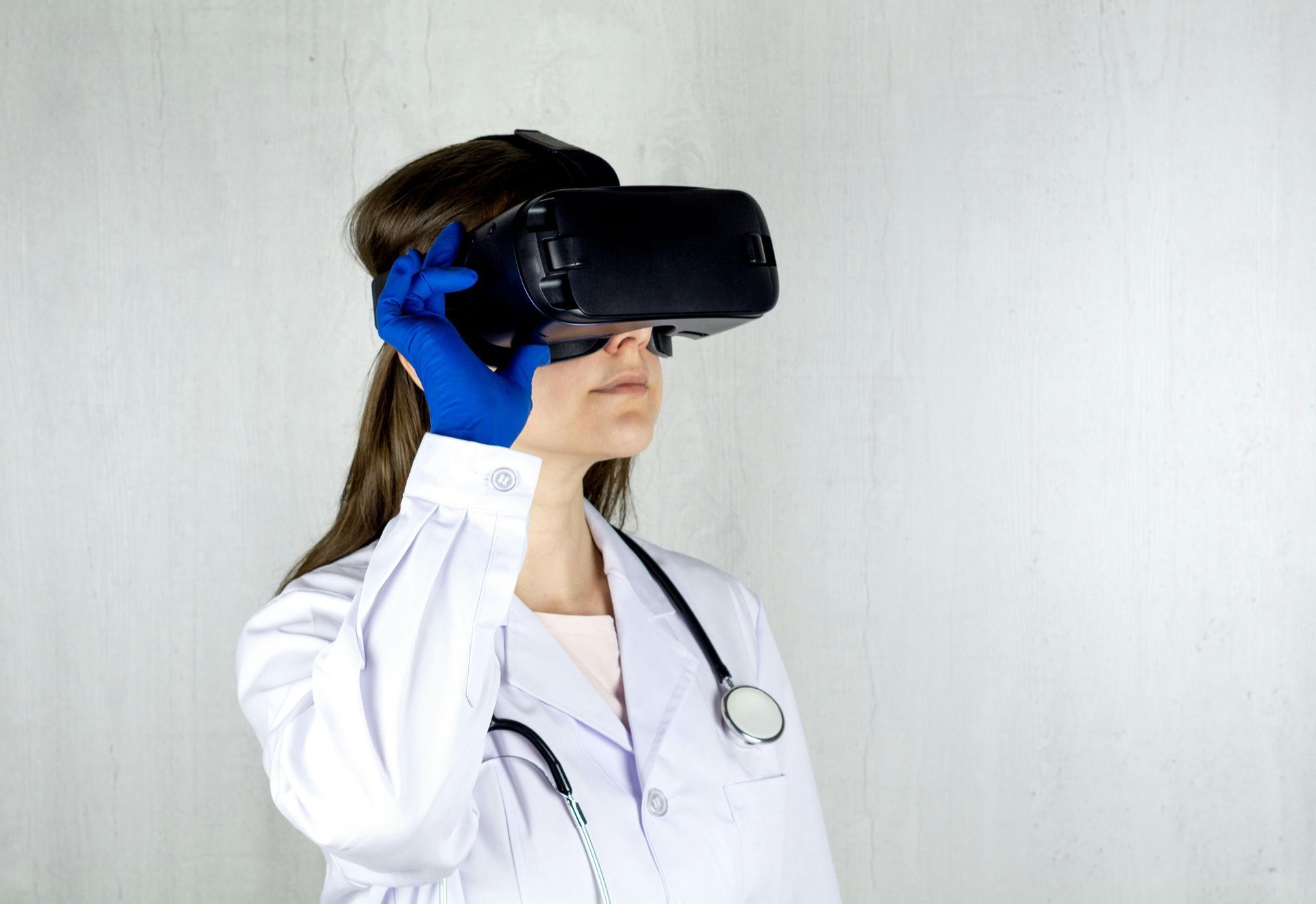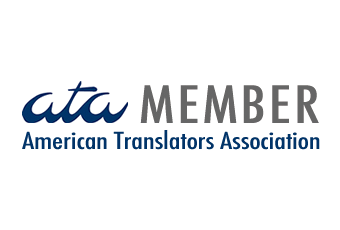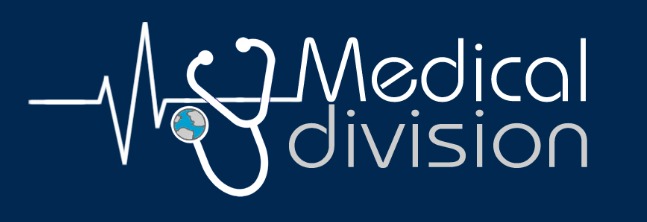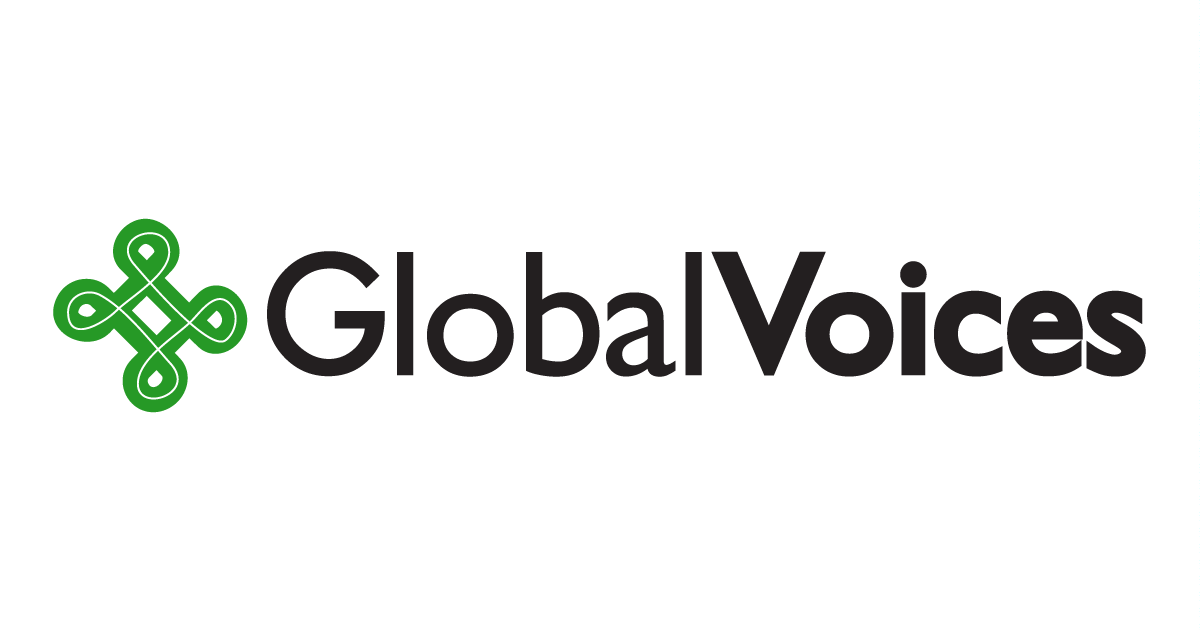Insights from a Professional Medical Translator: 3D Medical Printing is Shaping the Future of MedTech Innovation
Pioneers in Medical Additive Manufacturing
The field of 3D medical printing is revolutionizing the way healthcare products are developed and used. This cutting-edge technology is enabling the creation of custom-made medical devices, implants, and even human tissue, improving patient outcomes and driving MedTech innovation. From prosthetics and surgical guides to tissue engineering, additive manufacturing is transforming the medical industry.
Several companies are at the forefront of the MedTech sector, driving innovation through advanced 3D printing technologies. Stratasys is using 3D printing to create detailed surgical models that enhance precision during complex procedures. Their Digital Anatomy Printer produces anatomical replicas, improving surgical planning and outcomes. Organovo focuses on 3D bioprinting to develop functional human tissues for medical research. Their work primarily supports drug testing and disease modeling, with long-term aspirations to create tissues for transplantation. Materialise is another pioneer, producing patient-specific medical devices and custom 3D-printed models. These innovations assist surgeons planning procedures with greater accuracy.
Medical 3D printing shows great potential in orthopedics for creating custom implants and surgical guides; in pediatrics for developing patient-specific prosthetics and anatomical models; in radiology for producing accurate 3D-printed replicas from imaging data, such as MRI and CT scans, to aid in diagnosis; and in oncology for generating 3D-bioprinted tumor models that help test treatments and plan personalized therapies. For example, a study from Penn State University successfully 3D bioprinted breast cancer tumors, allowing for the investigation of how these tumors interact with human immune cells and respond to treatments like chemotherapy and immunotherapy.
The Need for Localisation and Translation in MedTech
As the MedTech industry advances, particularly in 3D medical printing and medical software, companies are looking to expand their innovations into global markets. However, expanding internationally comes with its own set of challenges, especially when it comes to communicating complex technologies in multiple languages. This is where translations for medical technologies and medical software localisation play a crucial role.
For MedTech startups and established companies alike, efficiently localizing these innovations involves translating user manuals, packaging, and medical software interfaces into the target language. For instance, if you're introducing your 3D-printed medical devices in France, you'll need accurate French translation for medical technology to ensure compliance with local regulations and clear communication with healthcare professionals. This strategy will boost user adoption, user satisfaction, and eventually your bottom line – in addition to improving patient outcomes.
Choose specialised medical translators
Working with professionals who specialize in translations for medical technologies ensures that the complex terminology and technical details of 3D medical printing are translated accurately. For example, selecting experts in French translation guarantees that the localized content meets both the linguistic and regulatory needs of the French market.
For medical software associated with 3D medical printing or other pioneering technologies, it’s vital to adapt not only the language but also the user interface, ensuring that healthcare professionals can easily use the software in their native language. This process involves translating software menus, commands, and help sections to ensure the product is user-friendly, legally compliant, and meets the needs of the local healthcare system.
Cultural Adaptation
Localization is not just about language; it’s about ensuring that the product fits within the target market’s cultural and medical practices. A well-executed localization project will adapt marketing materials, legal documents, and software to reflect local standards, making your product more accessible to both healthcare professionals and patients in the market you are expanding into.
Use of Cutting-Edge Tools
Professional translators can enhance the localization process by using tools like Translation Memory (TM), Glossary Management, and advances Quality Assurance systems, which help ensure consistency across all materials. For industries like MedTech that rely heavily on precise terminology, these tools speed up the translation process while maintaining high-quality and effective results at an affordable price.
Benefits of Effective Localisation and Translation for MedTech Innovation
Regulatory Compliance
Every country has specific regulations regarding the labeling, instructions, and safety information of medical devices. For example, launching a 3D-printed medical device in France requires compliance with both the EU and the French regulatory authorities. Working with a specialized French translator for medical documents ensures that your product meets these requirements.
Improved User Experience
By providing healthcare professionals with localised instructions, user manuals, and software, you make it easier for them to understand and make the most your technology. This is especially important for new innovations like additive manufacturing and 3D medical printing, where the technology is complex and requires clear communication.
Faster Market Entry
Efficient localization allows MedTech startups and established medical companies to enter new markets quickly. Whether you need French translation for medical technology or localizing medical software for a global audience, investing in professional translation services ensures a smooth and rapid launch.
Enhanced Global Reach
Localising your medical technology IFU, user interface, user guides, etc. helps build trust with international customers. When healthcare professionals receive materials in their native language, they are more likely to trust and adopt your product. In turn, this fosters better relationships with global clients and expands your brand’s presence in multiple markets.
Ready to go global?
With the rapid growth of 3D medical printing and other MedTech innovations, it’s crucial for companies to adapt their technologies for global markets through efficient medical software localization and translations for medical technologies. Whether you’re a MedTech startup or larger company, accurately localizing your products not only ensures compliance but also improves user experience, helping you stand out in a competitive industry. By partnering with specialized translation professionals, you can ensure that your innovations are communicated effectively, whether you’re launching in France or expanding to other international markets.
Contact me today to discuss your business needs








